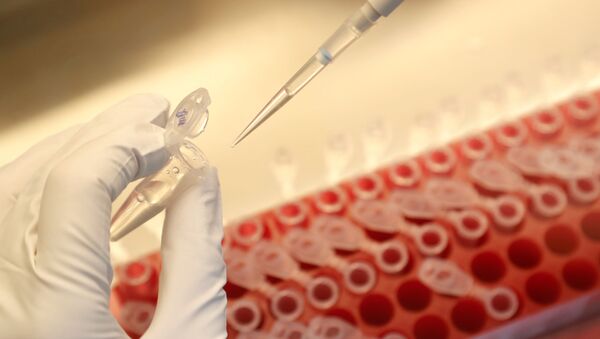The document outlines a strategic overview of how to provide a COVID-19 vaccine to the American public as quickly and reliably as possible.
“As part of Operation Warp Speed, we have been laying the groundwork for months to distribute and administer a safe and effective COVID-19 vaccine as soon as it meets FDA’s [US Food and Drug Administration] gold standard,” HHS Secretary Alex Azar said in a recent news release.
“This in-depth, round-the-clock planning work with our state and local partners and trusted community organizations, especially through CDC [US Centers for Disease Control and Prevention], will ensure that Americans can receive a safe and effective vaccine in record time.”
According to the plan, most people will need two doses of the vaccine between 21 and 28 days apart. In addition, since there will likely be a limited supply of vaccines when the drug first becomes available, health workers, essential workers and vulnerable populations will be the first to receive immunizations.
“Early in [the] COVID-19 vaccination program there may be a limited supply of vaccine and vaccine efforts may focus on those critical to the response, providing direct care and maintaining societal functions, as well as those at highest risk for developing severe illness," CDC Director Robert Redfield said, according to the release.
In addition, state and local communities will devise their own plans for receiving and distributing vaccines. States and cities will have one month to submit plans on how they will distribute the vaccine, which may require refrigeration or freezing. The drug will be provided free of charge due to billions of dollars in taxpayer funding approved by Congress.
The government’s plan also notes that an information technology initiative will need to be established to keep track of who is getting what vaccines, since it is likely there will be multiple such drugs in use.
“COVID-19 vaccination providers will be required to report inventory of COVID-19 vaccines, and jurisdictions must ensure this inventory information is submitted with each order,” the document notes.
“To ensure that information systems continue to work as expected, CDC has worked with FDA and the manufacturers to include a two dimensional (2D) barcode on the vaccine vial (if possible) and carton (required) labels that includes a National Drug Code (NDC), lot number, and a placeholder expiration date of 12/31/9999 to be read by a scanner,” it explains.
During a Wednesday news conference, US President Donald Trump told reporters that a distribution of the highly-anticipated vaccine would start sometime in mid-October, if not “a little bit later than that.”
“As soon as it’s given the go-ahead [from the FDA],” the president added, before noting that some 100 million doses of the vaccine were likely to be distributed by the end of 2020.
Despite the fact that the US government is outlining a vaccination program, a Gallup poll released early last month found that 35% of Americans would be reluctant to get a dose of a COVID-19 vaccine, even if it was approved by FDA and was provided at no cost.


